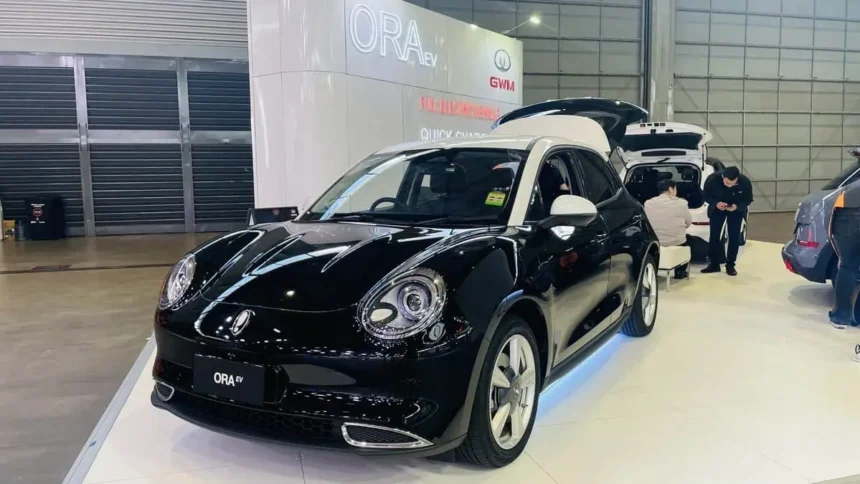The European Union has slightly lowered some of its proposed import tariffs on Chinese electric vehicles after gaining more data from automakers as part of the anti-subsidy investigation, Bloomberg reports, citing someone familiar with the matter.
EU revises tariff rates on Chinese EV imports
According to the report, the EU decided to reduce the proposed import tariff rates on certain Chinese electric automakers after they offered more details of their businesses for the investigation.
While the tariff cuts are marginal, the move suggests that the EU is still open to negotiating before the tariffs take effect next week.
Brief background
The EU Commission launched an anti-subsidy investigation against Chinese electric vehicles swamping the local market.
The EU officials alleged that these Chinese EVs benefit from unfair subsidies from Beijing, significantly hurting European players and the entire industry.
Earlier this month, China’s Ministry of Commerce held a meeting in Beijing with several automakers involved in the anti-subsidy probe, including state-owned SAIC and market leader BYD. Foreign companies BMW, Volkswagen, and Porsche also attended the meeting, as they are among the automakers who helped find a solution to avoid the Chinese government’s threats to retaliate against gas-powered car imports from the EU.
In significant progress, the EU has reportedly alleviated its proposed tariffs for some Chinese electric automakers. However, the reduction is only by mere percentage points.
Changes
According to the report, the EU lowered the initially proposed import tariff rates on SAIC and Geely.
From the previous 38.1%, SAIC will now face only 37.6% import duty in the EU starting July 4, 2024.
Meanwhile, Geely Automobile Holding’s import tariff rate dropped from the original 20% to 19.9%.
The import tariff cuts are indeed marginal but better than nothing. These revised rates will take effect on top of the already existing 10% duty in the European market.
BYD also appeared in the EU tariff reduction report. However, it will not receive any reduction to the originally proposed import tariff rates of 17.4%.
China and the EU officials are still negotiating the proposed tariffs on Chinese EVs. It remains to be seen what the final agreement will be. The initial provisional tariffs were planned for July 4, with final duties expected later in the fall.

